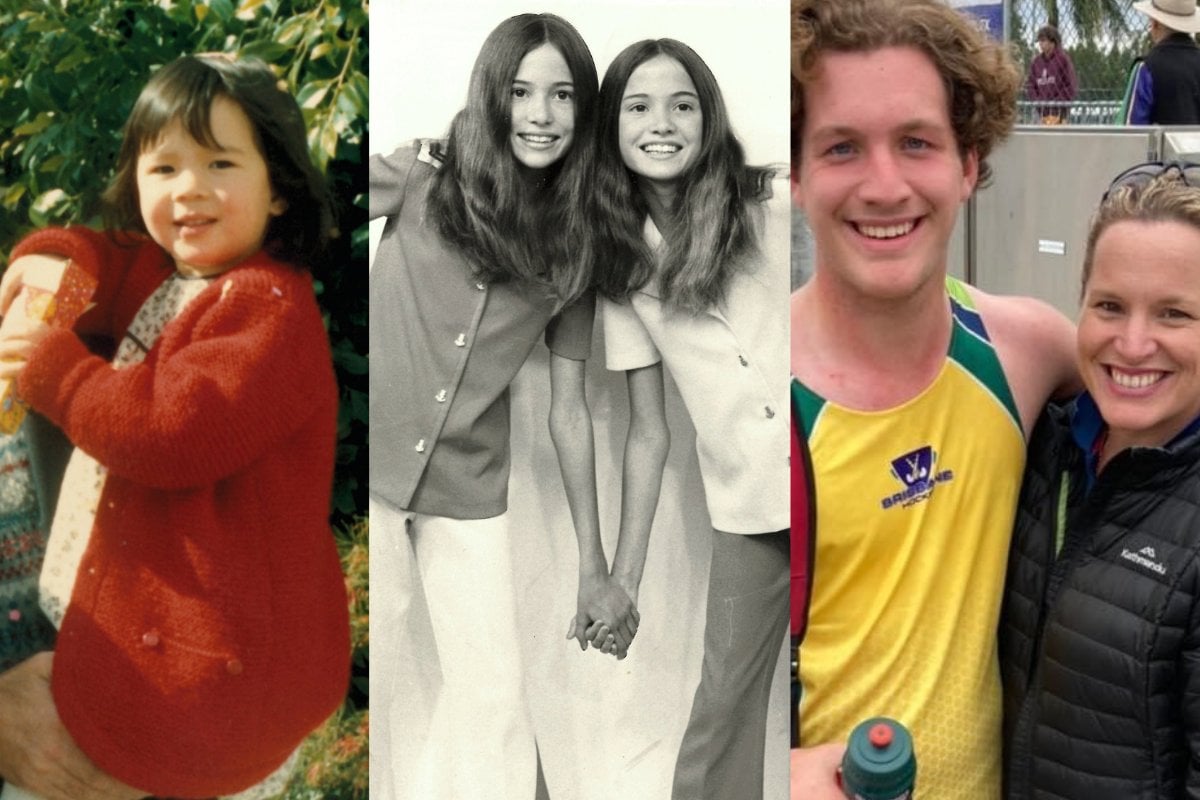
When she was 27, journalist Sarah Dingle's mother told her - in a rather nonchalant way - that her father was not actually her biological father.
That, in fact, Sarah was donor-conceived with anonymous donor sperm.
At first, Sarah didn't believe her. She thought her mum was telling a joke; a weird, pretty off-colour and out-of-character joke, but a joke nonetheless.
"I made her say it several times because I couldn't take it in. And by the time she said it for, I don't know, the third time or something, I had to accept that I should pay attention to what she was saying," Sarah tells Mamamia.
"By the time I started to take it in, everything in the room went a bit strange, the sound went 'woooooo'. And I felt like I was about to faint or I'd sort of lost oxygen. It's one of those moments where, it's such a cliche, but the only word I can use to describe it is 'surreal'. And you start to go, 'Is this really my life?'"
What followed was a 10-year odyssey to find out who her biological father was - and ultimately expose the profoundly disturbing lawlessness of the fertility industry here in Australia. Sarah, who is now 39, wrote her experience in her book Brave New Humans: The Dirty Truth Behind the Fertility Industry and participated in SBS's documentary series Australia Uncovered.
Watch the trailer for Australia Uncovered Season 2. Story continues below.


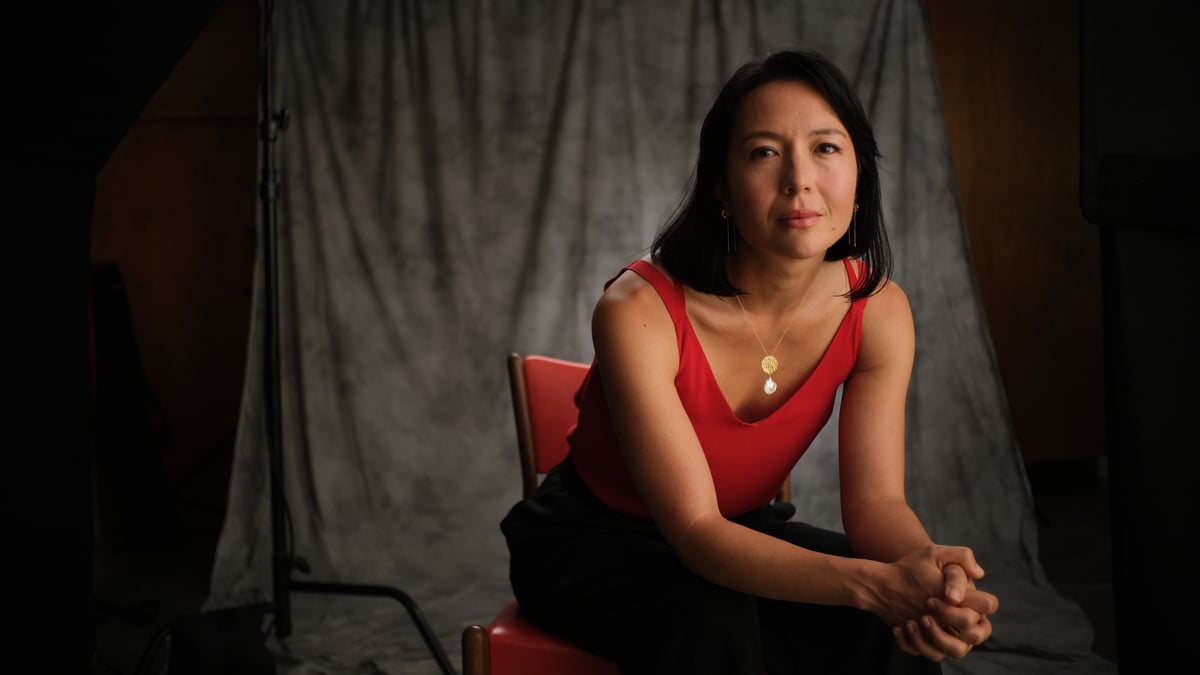
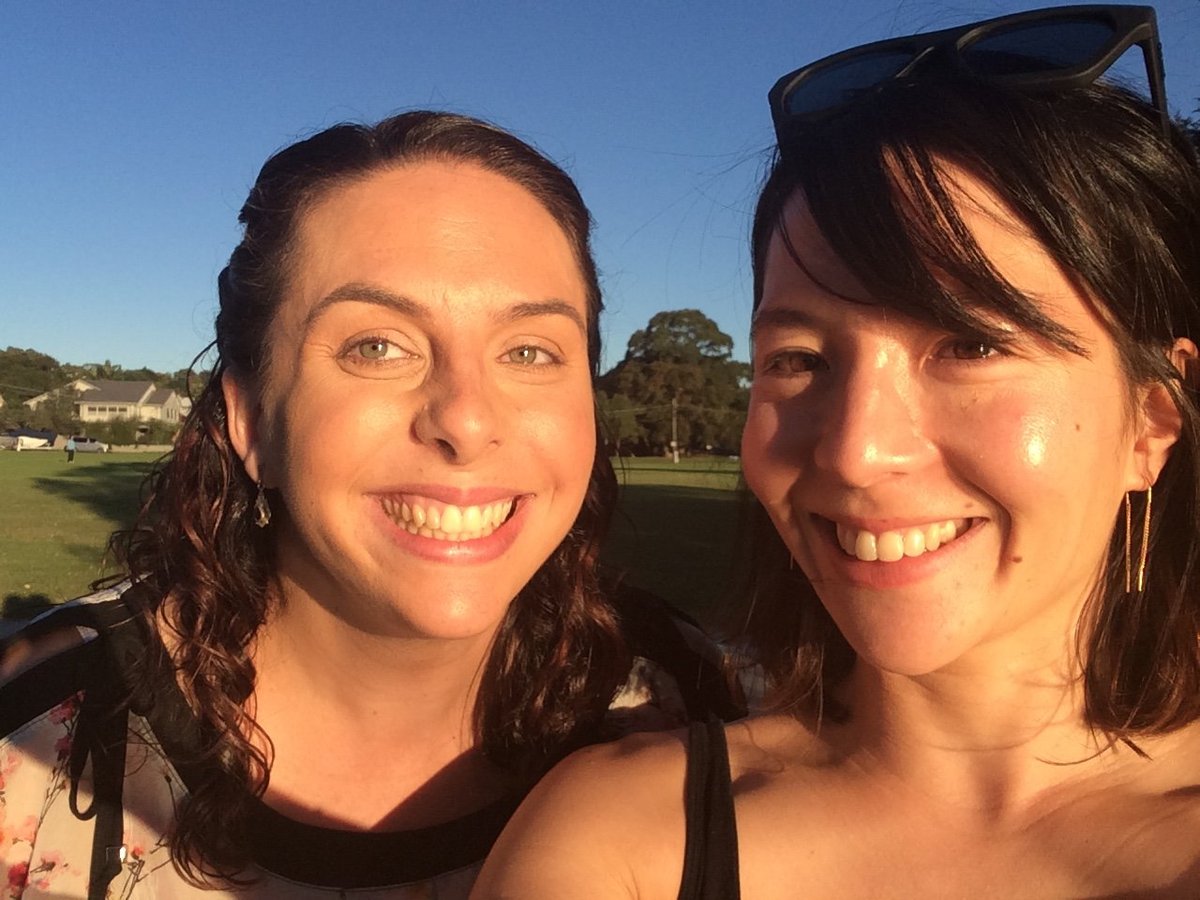
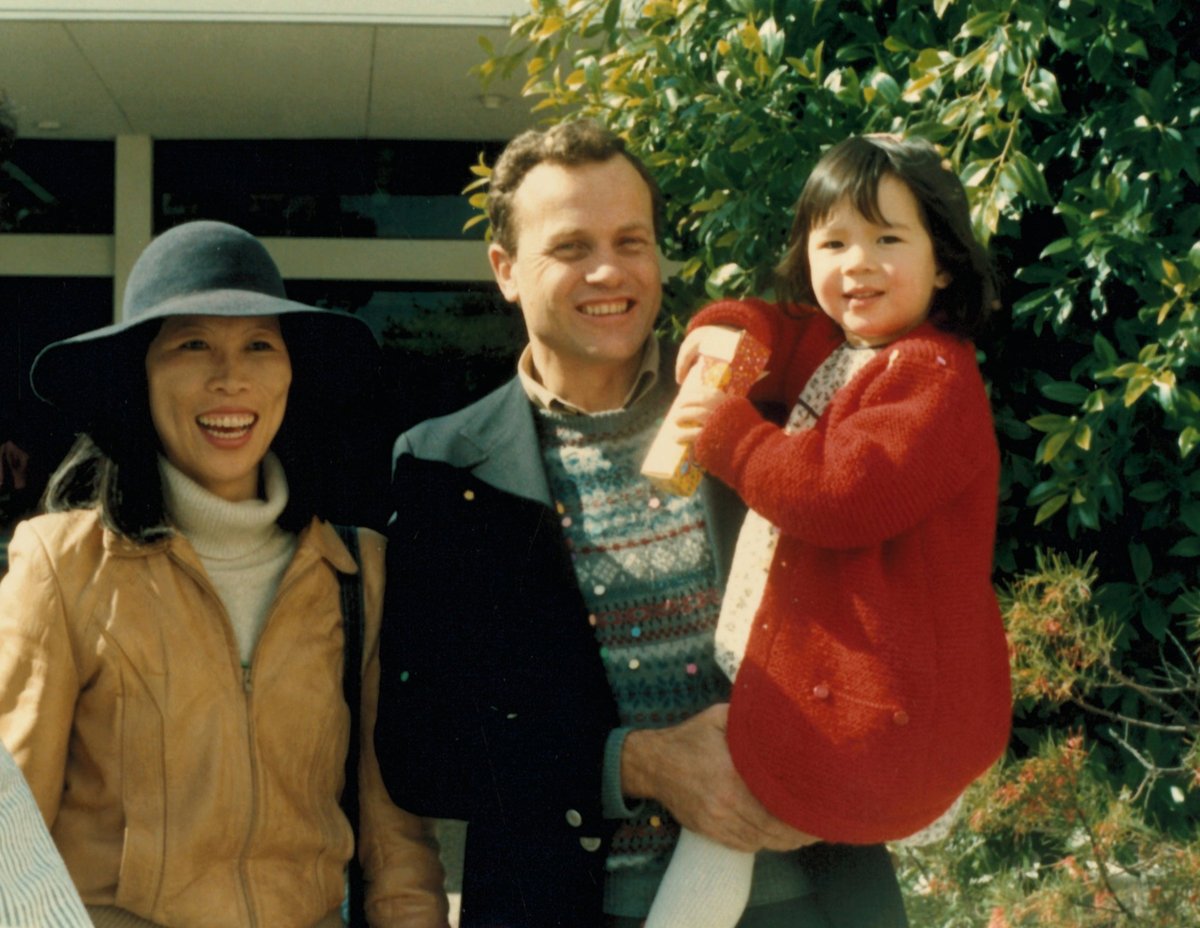
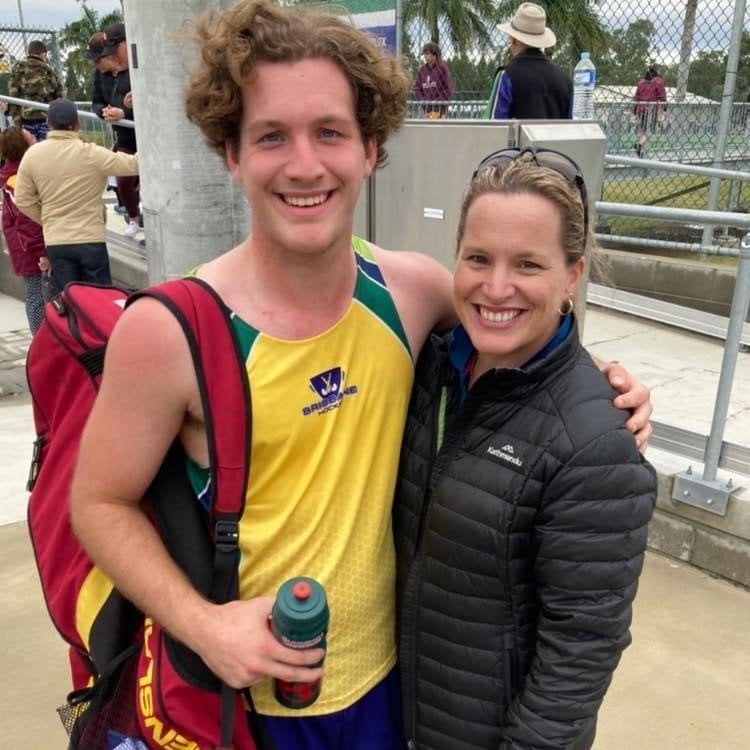
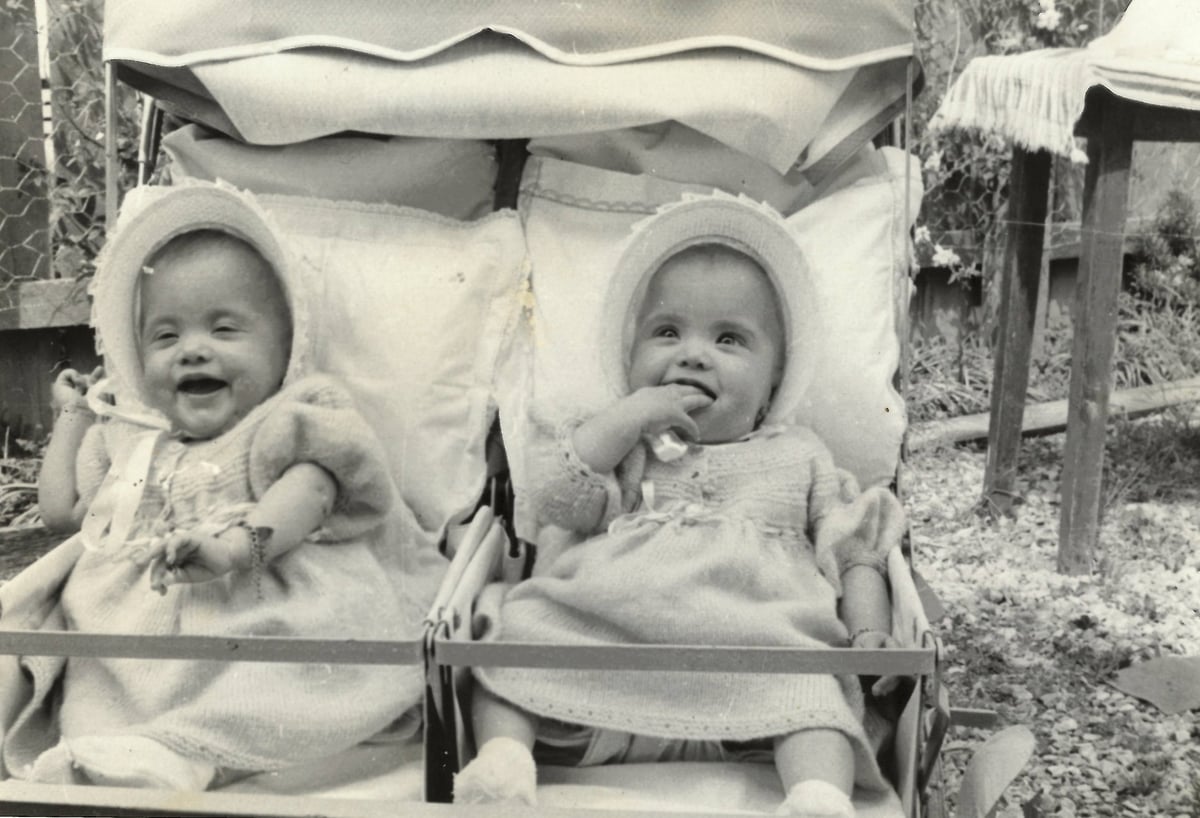
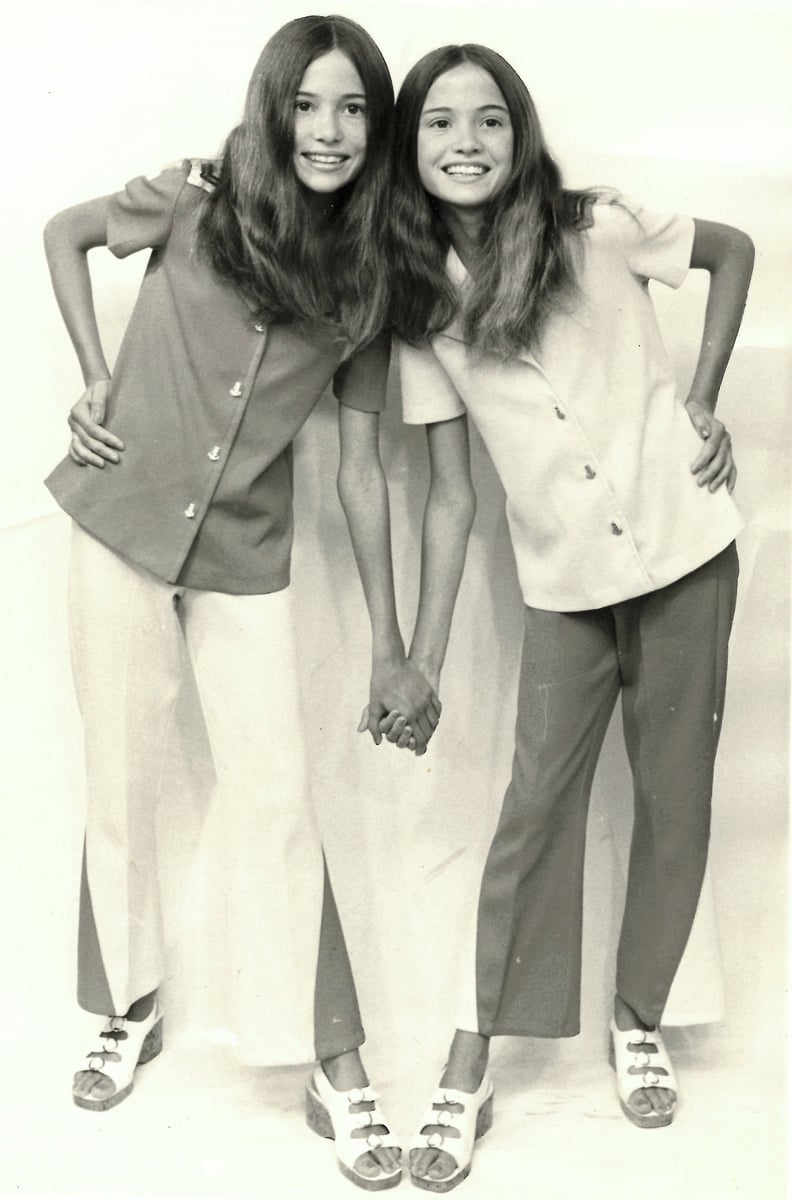
Top Comments